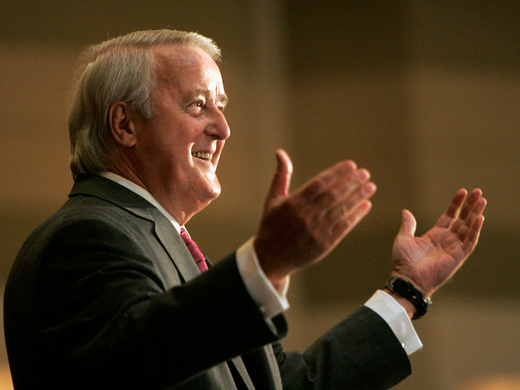Although more than a year has passed since the United Kingdom voted to leave the European Union, most of the arrangements governing the international relations of a post-Brexit United Kingdom have yet to be worked out, be they with the European Union or with countries outside the European Union. With the UK departure deadline of April 2019 fast approaching, there remains a great deal of uncertainty about the contours of the United Kingdom’s future trading relationships — transition or long-term — with the European Union and with non-EU countries around the world. In the face of this considerable uncertainty, recent legal decisions in the European Union and the World Trade Organization (WTO) may provide useful guidance for trade negotiators and legal advisers going forward.
First, the European Court of Justice issued an opinion in May 2017 providing insight on the legal competence within the European Union to conclude wide-ranging free trade agreements (FTAs) covering trade in goods, services, intellectual property rights, investment and other areas. Although the opinion was issued in relation to the provisions of the EU-Singapore FTA, the findings address European Union and EU member state competence generally, and will thus be highly relevant for any trade deal to be negotiated by the European Union in the future, including with the United Kingdom. Second, a WTO dispute settlement panel report adopted in April 2017 addressing China-EU trade provides rare guidance on the interpretation of WTO provisions and guidelines dealing with the modification of WTO members’ schedules, reflecting their treaty commitments and concessions.
The panel report is binding only on China and the European Union, but the findings addressing modification provisions and procedures are likely to be relevant for WTO members more generally when one of them seeks to modify its WTO schedules going forward. Although the United Kingdom is a WTO member in its own right, it does not have WTO schedules in its own name; instead, its commitments and concessions are included in the EU schedules. Views differ as to whether, after Brexit, the United Kingdom would simply continue to exercise rights currently found in the EU schedules but under its own name, adjusted accordingly, or whether it would need to secure WTO schedules in its own right. If the latter is the case, the recent WTO panel report will likely be highly relevant in this exercise.


